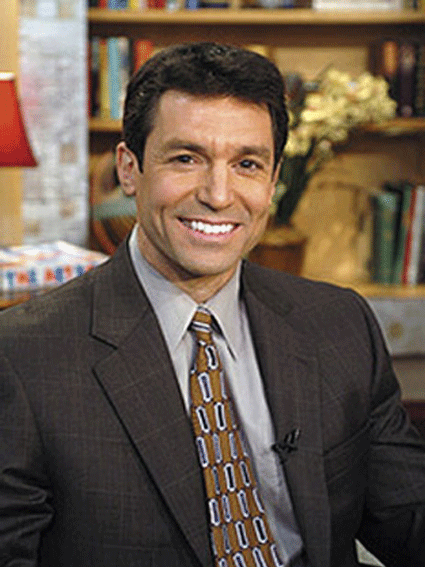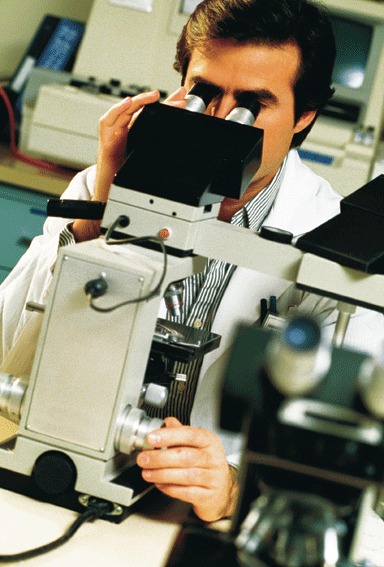
![]() Diet and Health
Diet and Health

Clinical Trials and Tribulations
The best and most definitive clinical studies are randomized, double-blind, placebo-controlled trials.
By: Dr. David L. Katz*
The recent controversy over cold remedy use in young children inspired the editors at The New York Times to opine in a Nov. 11 editorial: “ It is emphatically clear that medicines used in children need to be tested in children.” In principle I agree, but because I make my living running clinical trials, I must inform the editors that there are no such trials without major tribulations. In other words: easier said than done!
The best and most definitive clinical studies are randomized, double-blind, placebo-controlled trials. Randomization requires that study participants -- young children, per the Times’ recommendation -- are placed into the active treatment or placebo group by chance, not choice.
Double-blinding means that neither the study subjects -- in this case the children, and by extension, their parents -- nor the investigators know who is assigned to which group. The active treatment and controls are indistinguishable to all save a select group responsible for stopping the trial early if signs of benefit or harm are overwhelming.
Finally, placebo-controlled means that half of the study subjects get those proverbial sugar pills -- which generally don’t contain sugar. This is important to prove that any apparent benefits of the drug being tested are greater than the placebo effect.
Added up, these strategies make for strong science. They help guarantee the results generated are reliable, informative, and free of bias. From the perspective of a scientist, that’s all for the good.
But I’m also a father, so let’s consider sound scientific methods from a parental perspective. To find out whether or not a cold remedy might help my sniffling, suffering sprite, I have the opportunity to enroll him or her in a randomized trial. Despite putting up with whatever inconveniences are involved, I’ll have a 50 percent chance of my child getting a placebo.
If I am reasonably convinced that the cold remedy in question works, I won’t be too inclined to accept a coin toss as the basis for determining whether or not my child gets it. On the other hand, if I am fairly concerned about the potential hazards of these medications, I’ll be even less inclined to sign my kid up for a game of Russian roulette!
For these reasons -- along with others such as the sometimes cumbersome, uncomfortable, inconvenient, or even painful testing clinical trials require to measure treatment effects -- it’s not easy to get adults to enroll. Drug companies spend a fortune on recruitment. And those of us doing research without such deep pockets often find the recruitment of subjects to be the toughest part of the job.
But if enrolling adults is tough -- enrolling kids is next to impossible. There are exceptions. When illness is dire -- such as advanced cancer resistant to standard therapy -- the disadvantages of clinical trial participation pale to those of not participating. Enrollment may be the only hope for a lifesaving intervention.
But would the risks to your child of uncertain drug side effects be justified by a cold? By the flu? By Lyme disease, hairline fractures, migraine headaches? We might each draw the line in a slightly different place, but we would all do it somewhere, and most of us draw it fairly high. I’m confident the clinical trial in which the average parent would gladly enroll their child is the exception rather than the rule.
What to do with The Times’ well-intended advice? Retool it for the real world.
Whenever ethics and the prevailing standards of parental reticence allow for the testing of medications in children by robust scientific methods, we should indeed proceed accordingly. But when they do not, we should be clear-minded about our options. We can either use medications in children that have only been tested in adults, and learn as we go whether the pros or the cons prevail in kids. Or we can avoid medication use in children -- except when the uncertain hazards and benefits of treatment are trumped by the menace or misery of the untreated condition. Under such circumstances, we might be willing to take our chances. And when enough of us have done so, the accumulation of experience will stand in for scientific inquiry.
The revelations about cold remedies in young children (they are probably dangerous and appear not to work), which inspired an FDA advisory panel to inveigh against them, and The Times’ editors to opine, reveal there is a price to pay for ignorance. But good science is not a trivial pursuit. There is a price to pay for knowledge, too.
* David L. Katz, MD, MPH, FACPM, FACP; Director, Prevention Research Center, Yale University School of Medicine and medical contributor for ABC News. He may be reached at www.davidkatzmd.com.